China's Ministry of Commerce (MOFCOM) said on Thursday that its review of anti-dumping and countervailing measures against imports of Australian barley was progressing according to legal procedures, following media reports about Australia being "disappointed" that China extended the review process for another month.
Chinese experts noted that China is conducting the review in a prudent manner and handling the matter responsibly, and relevant parties should not over-interpret an extension.
Asked about the media reports at a press conference on Thursday, Shu Jueting, a spokesperson for MOFCOM, said that the two countries reached a consensus after friendly consultations on anti-dumping and countervailing measures on barley, which shows the spirit of win-win cooperation.
MOFCOM, per a request from domestic industries, started a review of the measures and has been actively carrying forward the process. Currently, the investigation authorities have disclosed the basic facts on which the ruling is based to relevant interested parties in accordance with legal procedures, and are collecting comments from all parties. An objective and impartial ruling will be made and released in accordance with the law after considering the opinions of all parties, Shu said.
"We are willing to work with Australia to properly resolve economic and trade concerns in the spirit of dialogue, consultation and cooperation, and jointly promote the development of bilateral economic and trade relations," the spokesperson said.
Several foreign media reports suggested that Australia was "disappointed" that China extended the review process for another month. "While we are disappointed China's review could not be completed within the initial three months, we remain hopeful the impediments will be lifted in the near future," a spokesperson for Foreign Minister Penny Wong and Trade Minister Don Farrell said in a statement, according to Reuters.
The statement said that China "requested this one-month extension, which we have agreed to." On Thursday, the MOFCOM spokesperson did not mention such an extension or a timeline.
"Foreign media reports have probably intentionally exaggerated the seriousness of the matter," Chen Hong, president of the Chinese Association of Australian Studies and director of the Australian Studies Centre with East China Normal University, told the Global Times on Thursday.
Chen noted that when it comes to trade disputes that substantially harm industries, all parties should be prudent, and this reflects China's responsible attitude in this regard. He further pointed out that based on information released by the Australian side in April, they agreed to a four-month timeline for the review.
While Chinese officials have not publicly released a specific timeline for the review process, foreign media reports suggested that the two sides agreed that China would complete the review in three months, but a possible fourth is allowed if required.
Barley is one of Australia's major exports to China. In May 2020, MOFCOM ruled that Australian barley was being dumped and subsidized, causing substantial harm to relevant industries in China. As a result, China decided to impose anti-dumping and countervailing duties on Australian barley, with an anti-dumping duty rate of 73.6 percent and a countervailing duty rate of 6.9 percent. The duration of the duties was set at five years.
But in April, amid improving bilateral ties, the two countries reached a consensus on resolution of the barley dispute under the framework of the World Trade Organization. On April 14, MOFCOM announced that it would start a review on the anti-dumping and countervailing measures on April 15, which would be completed before April 15, 2024.
The announcement did not include the three-month timeline reported by foreign media.
Chen said the latest data showed China-Australia trade maintained double-digit growth in the first half of 2023, which shows the high degree of complementarity and vast potential for cooperation. "It is hoped that the two sides can uphold the concept of mutual benefit and mutual respect, and further promote the development of bilateral economic and trade relations," he said.









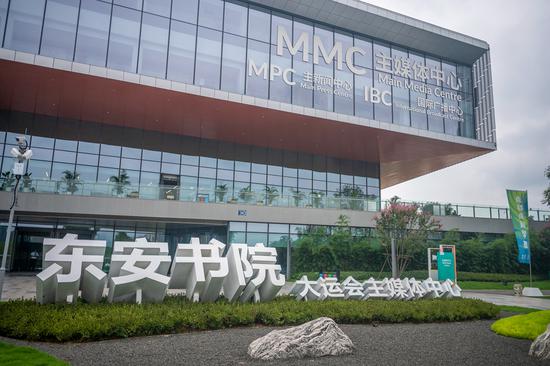







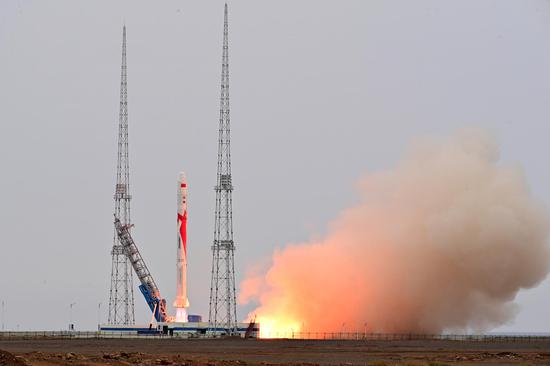













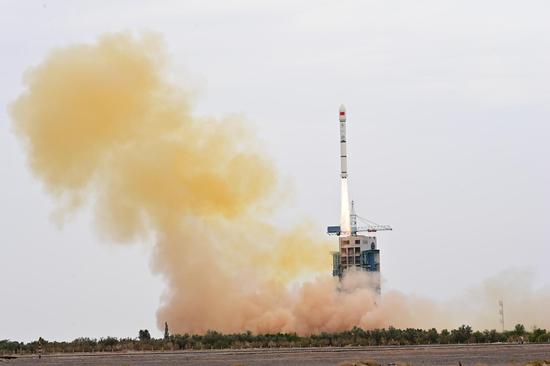
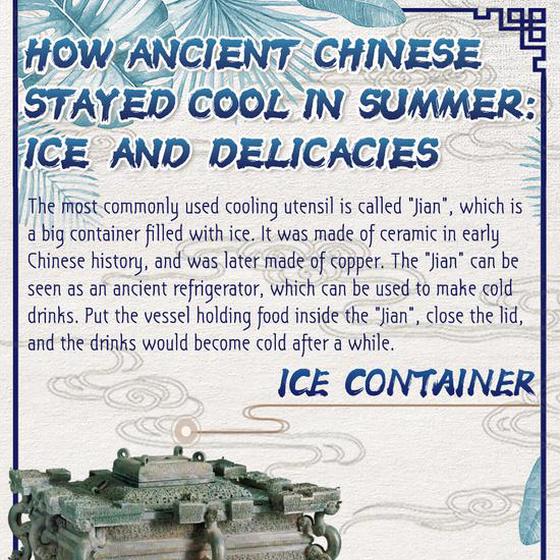
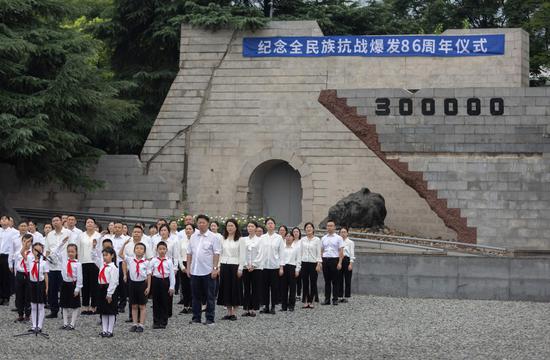
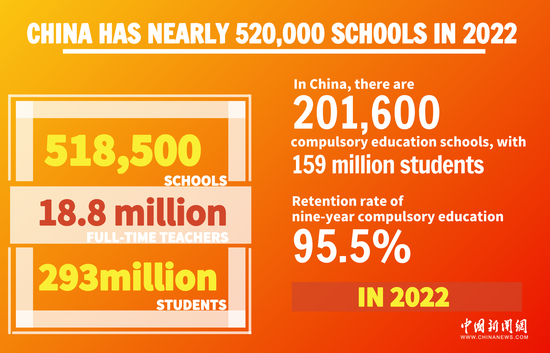

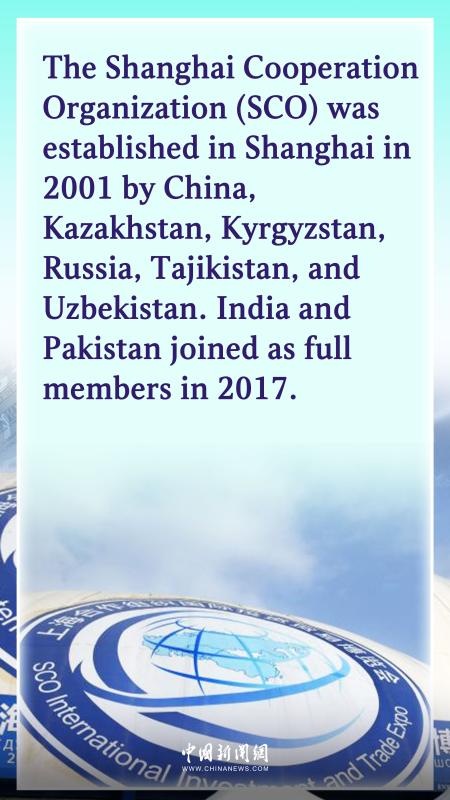













 京公网安备 11010202009201号
京公网安备 11010202009201号